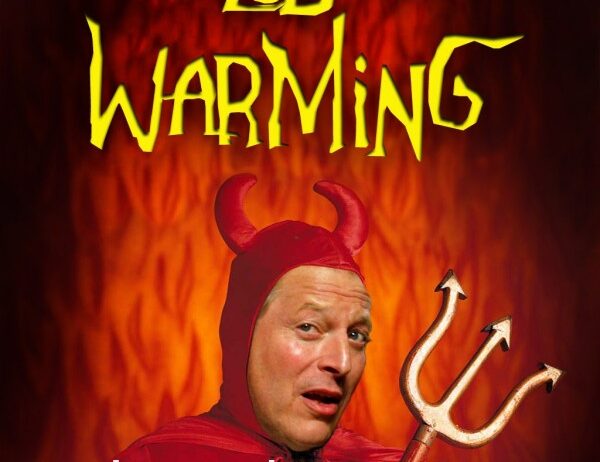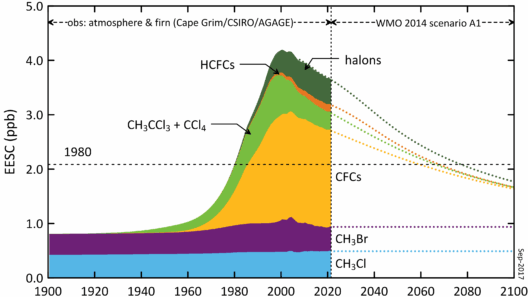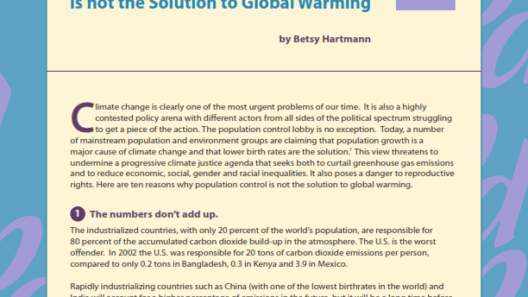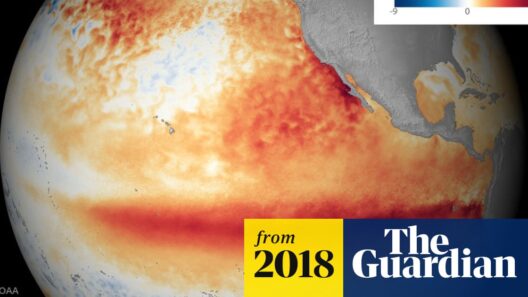In recent years, the phenomenon of climate change has stirred a maelstrom of discussions, controversies, and media coverage. Among the multitude of voices advocating for climate action, former Vice President Al Gore stands out as a prominent figure. Yet, his fervent activism has led to an onslaught of accusations suggesting he profits from the very crisis he aims to mitigate. To disentangle this intricate web of truth and misconception, one must explore the multifaceted dimensions of Gore’s involvement with global warming.
The first salient aspect to consider is the distinction between advocacy and profit. Al Gore has been a vocal proponent of environmental stewardship since the 1990s, capitalizing on the increasing public awareness surrounding climate change. His influential documentary, “An Inconvenient Truth,” served as a clarion call, amplifying the urgency of addressing rising temperatures and their consequences. However, the film also prompted scrutiny regarding Gore’s financial motivations. It’s vital to recognize that advocating for a cause does not inherently equate to financial gain; many activists, like him, prioritize the planet over profits.
Delving deeper, we find that Gore’s endeavors post-vice presidency have taken on various forms beyond just public speeches and documentaries. He co-founded Generation Investment Management, a firm specialized in sustainable investment. This firm seeks to bridge the chasm between social responsibility and financial return, championing the belief that environmentally conscious practices can yield substantial economic benefits. Critics may argue that this involvement signifies a self-serving agenda, but a closer examination reveals a trend towards aligning fiscal performance with ecological consciousness—a pursuit that could benefit global economies while simultaneously addressing the myriad challenges posed by climate change.
Moreover, Gore’s public engagements often carry hefty appearance fees, raising eyebrows about sincerity. Yet, these fees are not unlike those of other public figures who espouse their expertise on various platforms. It is essential to discern genuine efforts to catalyze change from those merely seeking financial advantage. The allegations of profit appear facetious when assessed against the backdrop of his extensive commitment to advocacy over the decades. His participation in the Global Climate Action Summit and the United Nations Framework Convention on Climate Change underscores an unwavering dedication to global initiatives aimed at curtailing carbon emissions—an altruistic endeavor that transcends monetary motivations.
Furthermore, the skepticism surrounding Gore’s motivations frequently tethers back to the notion of conspiracy theories. The climate change narrative has, unfortunately, been ensnared in a partitioned dialogue that often lends itself to sensationalism. The assertion that Gore profits from global warming is akin to accusing a firefighter of igniting blazes to reap benefits from extinguishing them. This metaphor draws attention to the dissonance in these claims: conflating an individual’s effort to rectify a pressing dilemma with self-serving ulterior motives. The enormity of the climate crisis necessitates concerted efforts from committed advocates, and casting suspicion on their intentions may hinder progress in addressing this global issue.
Rejecting the narrative of profit necessitates an exploration of the broader scope of Gore’s initiatives. Beyond financial ventures, his work has birthed numerous platforms aimed at fostering dialogues about climate action. The Climate Reality Project, an organization he founded, attempts to equip individuals with the facts and strategies necessary to combat climate change. By emphasizing education and mobilization, Gore seeks to galvanize communities into action—a objective centered on collective, rather than individual, gain. This grassroots activism is instrumental in shaping public perception and policy related to climate change. It fosters a sense of solidarity among individuals who otherwise may feel disenfranchised when it comes to making a difference.
Additionally, examining the economic implications of climate change reveals a stark reality: neglecting the issue may prove far more costly than investing in sustainable practices. The unfortunate truth is that climate change will exact a toll on global economies, manifesting through increased natural disasters, diminished agricultural yields, and heightened healthcare costs as environmental degradation escalates. By advocating for climate change mitigation strategies, Gore aligns himself with a growing consensus that prioritizing sustainability now can create long-term economic stability. Thus, the argument positing that he profits from his advocacy becomes tenuous when acknowledging the broader societal and economic consequences at stake.
Lastly, it is paramount to consider the implications of discrediting passionate advocates like Gore. The narrative that casts doubt on his motivations threatens to divert attention from the real and pressing challenges posed by climate change. A victory against misinformation and skepticism requires an unwavering commitment to the truth. Engaging in conversations free of sensationalized rhetoric is essential as it encourages collective action against climate threats. Uniting in shared purpose is the key to confronting the nuanced dynamics of this complex issue.
In conclusion, the question of whether Al Gore profits from global warming demands a nuanced understanding. While he has commercial interests, they intertwine with his steadfast commitment to a sustainable future. By advocating for collective action and informing the public on the dangers posed by climate change, Gore serves not only as a symbol of activism but as a catalyst for necessary dialogue. Rather than falling prey to the narrative of profit, society should embrace the urgency of the climate crisis and work towards comprehensive solutions that benefit both the planet and its inhabitants.








